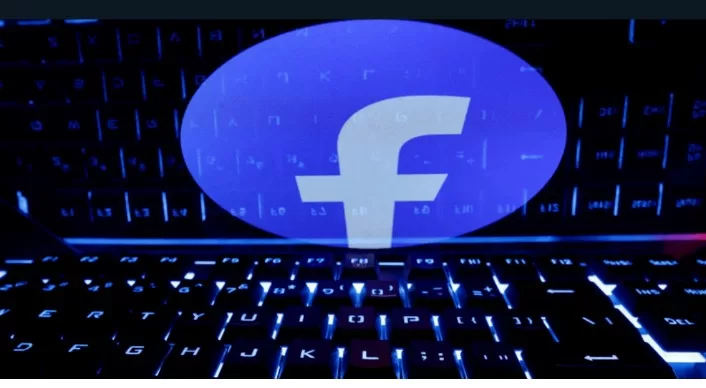In a closed-door meeting, India’s Deputy IT Minister, Rajeev Chandrasekhar, issued a warning to major social media platforms, including Facebook and YouTube, instructing them to consistently remind users about local laws prohibiting the posting of deepfakes and content spreading obscenity or misinformation. The warning emphasized the need for these platforms to align with 2022 regulations that categorically prohibit content deemed “harmful” to children, obscene, or involving impersonation.
The directive from Chandrasekhar, who described the demand as “non-negotiable,” comes in response to concerns over the proliferation of deepfakes. These are realistic yet fabricated videos generated by artificial intelligence algorithms trained on online footage. The Indian government is actively formulating rules to address this emerging issue.
Chandrasekhar urged companies to raise awareness of the regulations by incorporating reminders for users during login, explicitly stating the restrictions on certain types of content. Failure to comply with this suggestion could lead to official directions compelling their implementation.
While the names of the companies involved were not disclosed due to the private nature of the meeting, India’s IT ministry, in a press statement, claimed that all platforms had agreed to align their content guidelines with government rules.
As of now, there has been no immediate response from Facebook or Rajeev Chandrasekhar. Google, the parent company of YouTube, expressed commitment to responsible AI development and highlighted its existing policies and systems to identify and remove harmful content across its products and platforms.
By Reuters




